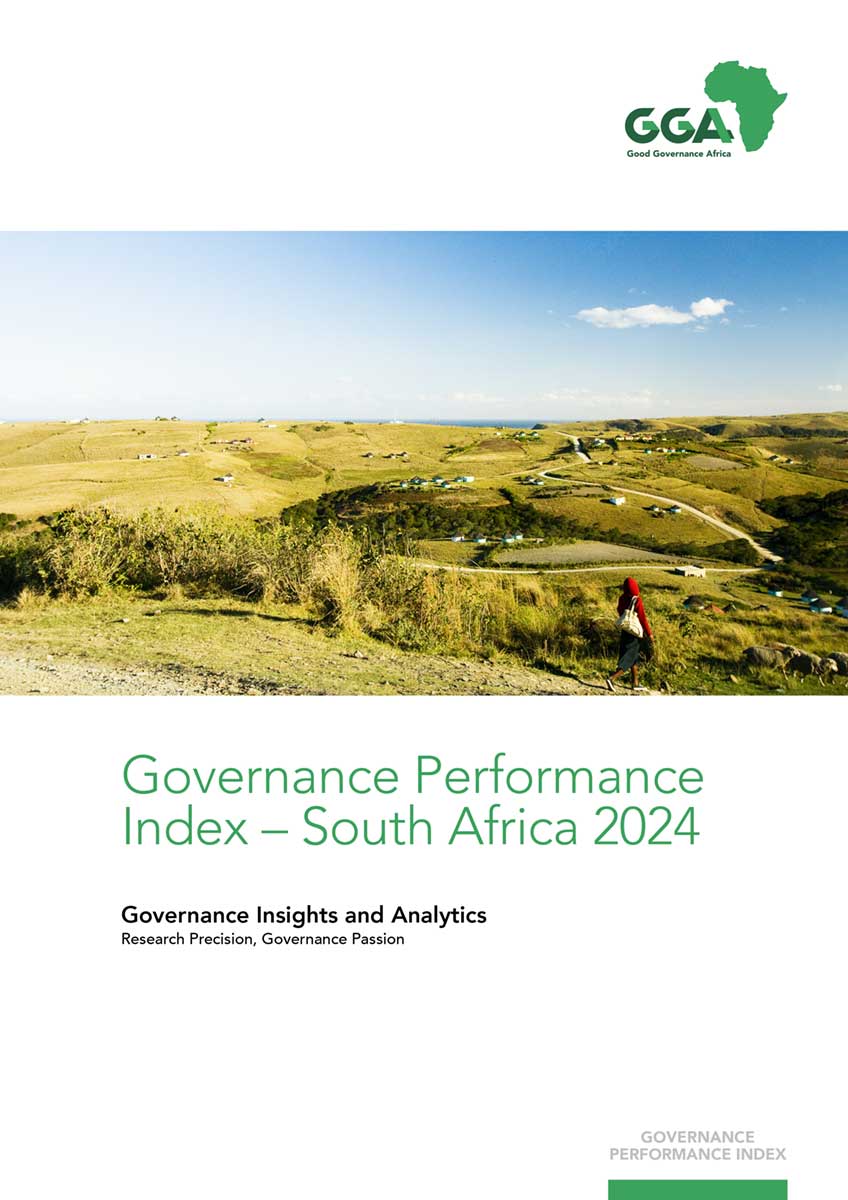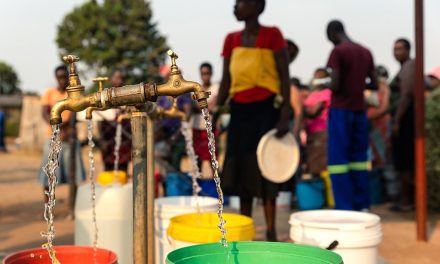
South Africa’s system of local government is presently undergoing its most widespread sequence of changes since the introduction of a new system shortly after our transition to democracy. Politically, the 2021 local government elections produced a record number of hung municipal councils, where no single political party gained an outright majority. Relatedly, the national government department responsible for managing the relationship between different levels of government, the Department of Cooperative Governance and Traditional Affairs (CoGTA), has signalled its intent to revise core features of the country’s existing legislative framework for local government, including how they pertain to the management of hung councils. Moreover, the Department of Public Service and Administration’s 2022 National Framework identified local government as a principal sphere within which the professionalisation of the public sector must be widespread to facilitate national development.
These shifts raise the question of how South Africa’s existing municipal system is currently performing when considering the role the Constitution envisages for local authorities. Good Governance Africa’s (GGA) 2024 Governance Performance Index (GPI) offers an assessment of how individual local governments are performing in order to assist in targeting interventions.
As a rigorously independent organisation, we hope that, with this particular report, we can provide the most accurate, publicly available portrait of the state of local governance in South Africa.












